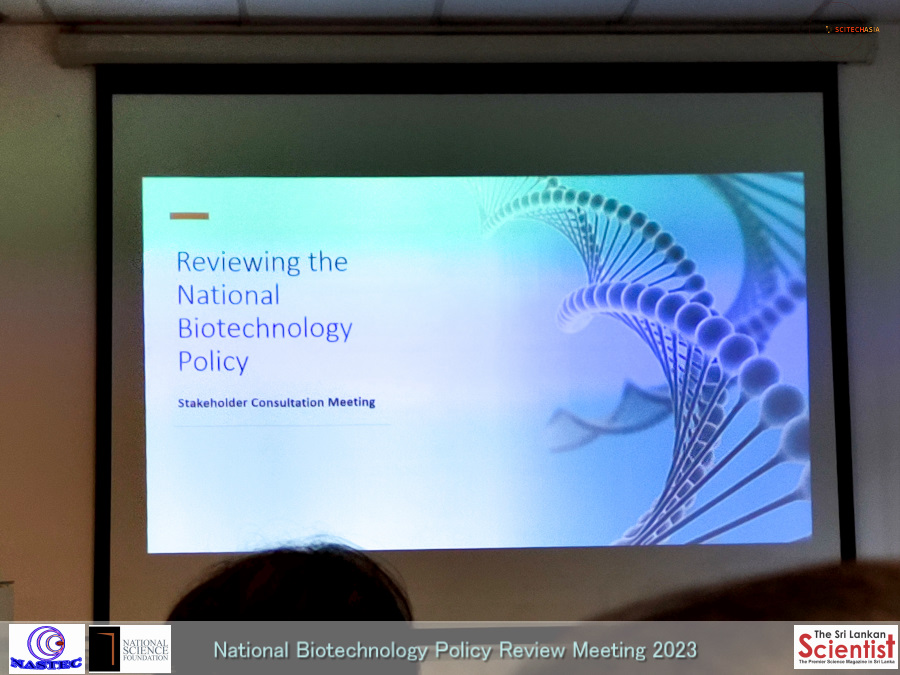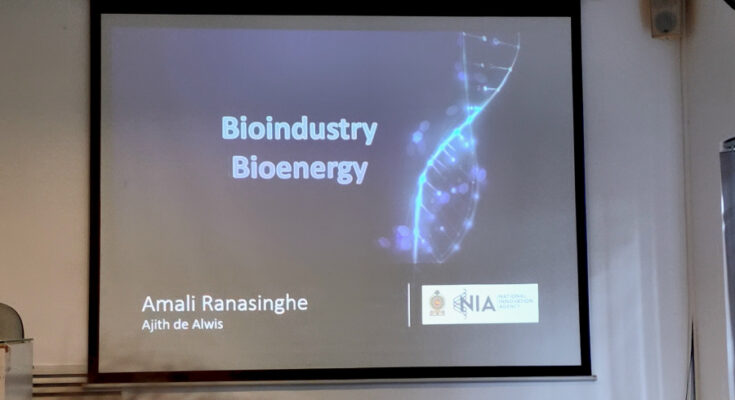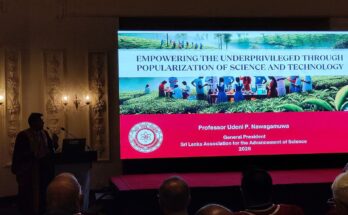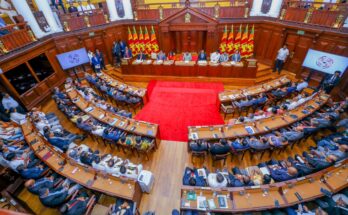On September 19, 2023, a pivotal event unfolded at the National Science Foundation, as stakeholders from both the state and pcustom made football jerseys detroit lions jersey custom football jerseys 49ers jersey Ohio State Team Jersey micah parsons jersey brock bowers jersey detroit lions jersey custom made football jerseys custom made football jerseys asu football jersey asu football jersey micah parsons jersey custom football jerseys Ohio State Team Jersey
air jordan 11 gym red
mochilas para mujer 2018
honor 9 lite vs samsung s6 edge
botas estilo dr martens con plataforma
mochilas para mujer 2018
botas adidas mujer 2012
leoparden sandalen
τσαντες χιαστι trussardi
nike jordan sale
lunarsolo nike mujer
under armour bow hunting t shirt
houston texans andre johnson jersey
náhradní díly elektro subwoofer genius
czc redukce na sluchátka
radio elta
rivate sectors gathered for a comprehensive review of Sri Lanka’s national biotechnology policy. The objective was to deliberate upon sectoral strategies that would ultimately enhance the quality of life for all Sri Lankans, addressing crucial aspects such as health, food security, a clean environment, and socio-economic development.

The event commenced with a warm welcome address by the Chairman of the National Science Foundation (NSF), setting the tone for the day’s proceedings. This was followed by insightful opening remarks by the Director General of the NSF, underlining the significance of harnessing biotechnology for the nation’s progress.
The National Science and Technology Commission also offered invaluable remarks, emphasizing the need for strategic collaboration and innovation in the biotechnology sector. Dr. R. D. Guneratne, Chairman of the NSF Working Committee on Science and Technology Policy Research, provided a thought-provoking address, shedding light on the ongoing efforts in this domain.
Professor Devaka Weerakoon, Chairman of the NSF Sub Committee on Biotechnology, set the stage with introductory remarks, outlining the making of biotechnology policy in shaping Sri Lanka’s future. This set the stage for a series of presentations on environment, health, agriculture, industry, and energy, providing a holistic perspective on the potential applications of biotechnology across multiple sectors.












Remarkably, all stakeholders, including representatives from both the state and private sectors, actively participated, reaffirming their commitment to collaborative efforts. Notably, Sri Lankan Scientist magazine was also present, representing an influential stakeholder in the realm of biotechnology.
The vision of the national biotechnology policy is ambitious yet attainable: to elevate the quality of life for all Sri Lankans. This encompasses health, food security, a clean environment, and socio-economic development, all underpinned by ethical, effective, and safe utilization of biotechnology.
Throughout the event, sectoral strategies were extensively discussed, with a focus on fine-tuning the final draft for subsequent processing through the National Science and Technology Commission (NASTEC). The ultimate goal is to ensure the adoption and seamless implementation of this crucial policy framework.





How can the government and private sector work together to advance Sri Lanka’s biotechnology sector?